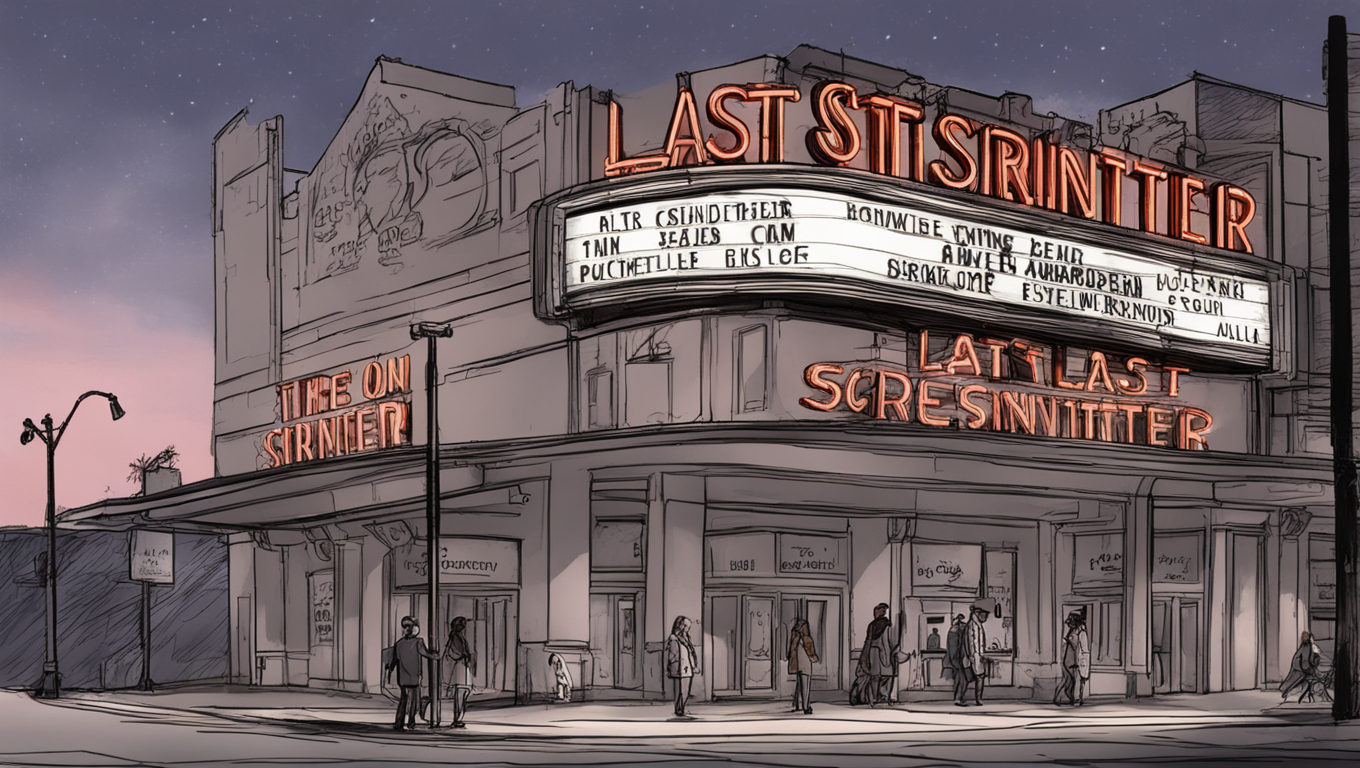In a surprising turn of events, the Prince Charles Cinema in London has decided to cancel its screening of a film written using artificial intelligence (AI) just a day after the announcement. This move comes after facing immense public backlash and criticism. The film, titled “The Last Screenwriter,” was penned by ChatGPT, an AI program. News of the screening had raised concerns among filmgoers about the role of AI in replacing human writers.
“The Last Screenwriter” tells the story of a character named Jack who becomes fearful for his job after discovering an AI script writing program. As Jack experiments with the software, he realizes that the AI matches his writing skills and even surpasses his ability to empathize with others. The cancellation of the screening came after the Prince Charles Cinema released a statement addressing the concerns raised by its customers.
The statement read, “Yesterday we posted about a private hire event featuring a project whose script had been written by AI… The feedback we received once we advertised the film has highlighted the strong concern held by many of our audience on the use of AI in place of a writer which speaks to a wider issue within the industry… As a result of this, we have decided NOT to go ahead with the hire. Our decision is rooted in our passion for movies and listening to those who support what we do.”
The cinema’s decision to cancel the screening received praise from its customers. One person wrote, “Good decision. As an independent cinema, this is the stance you should be taking with industry issues.” Others expressed their appreciation, stating, “This is why I love this cinema!” and “Thank you for listening to your audience.”
This incident has sparked a broader debate on the role of AI in writing and the arts. It is not the first time that AI has faced opposition within the industry. Last year, the US actors' union Sag-Aftra led a strike that brought Hollywood to a standstill, partly due to concerns about the unregulated use of AI. Acclaimed writer Charlie Kaufman criticized the Hollywood system, arguing that if writers continue to produce subpar content, “you might as well have AI do it.”
Actor Brian Cox has also voiced his concerns about AI, noting that it is an entity “we should really be fighting against.” Cox shared his own experience in which an AI-generated list of things he was going to say was presented to him for a program appearance. He found the experience both weird and a little scary, recognizing that nobody is exempt from the influence of AI in the entertainment industry.
While the cancellation of “The Last Screenwriter” screening reflects the concerns of the Prince Charles Cinema’s audience, it also raises important questions about the future of AI in creative endeavors. As the use of AI becomes more prevalent in various industries, it is crucial to strike a balance between technological advancements and preserving the human touch in art and storytelling. The debate on the role of AI in writing is likely to continue as society grapples with the ethical and creative implications of this rapidly evolving technology.





Use the share button below if you liked it.